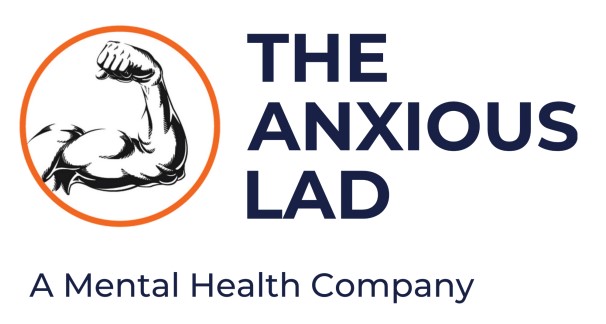A Deep Dive into the Current State of Mental Health in the Workplace
In recent years, the landscape of mental health in the workplace has undergone significant shifts, exacerbated by the global challenges brought on by the COVID- pandemic. The impacts have been felt across all industries, with alarming statistics revealing the extent of mental health struggles among employees. From increased work hours to higher demands for mental health support, the data paints a concerning picture of the current state of mental well-being in workplaces worldwide.
Tech Industry: A Balancing Act on the Brink
According to a study by CharlieHR and Spill, a staggering 54% of staff in the tech industry report working more on weekends and in the evenings than before the onset of the pandemic. This relentless pursuit of productivity has led to a pervasive sense of burnout, with a staggering 82% of tech industry employees admitting to feeling the weight of burnout. The boundary between professional and personal life appears to be increasingly blurred, contributing to a challenging work environment for many tech professionals.
Finance Sector: Escalating Demand for Mental Health Support
In the finance sector, the demand for mental health support has reached unprecedented levels. Koa Health reports that a staggering 86% of finance organisations experienced a surge in demand for mental health support in 2021 The high-pressure nature of the finance industry, coupled with the economic uncertainties of recent times, has created a perfect storm for heightened stress and anxiety among finance professionals.
Construction/Engineering: A Mental Health Crisis on the Jobsite
Workers in the construction and engineering sectors are not immune to the mental health challenges prevalent in today's workplaces. Benenden Health reveals that 45% of individuals in these industries have taken time off due to poor mental well-being. The physically demanding nature of these jobs, combined with the pressure to meet deadlines underscores the urgent need for mental health initiatives tailored to the unique challenges faced by those in construction and engineering.
Education Sector: A Turnover Tsunami
The education sector has witnessed a staggering 70% turnover rate during the 2020-2021 period, as reported by Deloitte. The upheaval caused by the pandemic, coupled with the rapid transition to remote and hybrid learning, has taken a toll on educators. The constant adaptation to new teaching methods, coupled with the emotional strain of supporting students through unprecedented challenges, has contributed to the alarming turnover rate within the education sector.
Presenteeism Across All Sectors
Deloitte's research highlights an issue across all sectors, presenteeism. Nearly half (47%) of employees display clear signs of presenteeism, where individuals are physically present at work but not fully engaged or productive. This phenomenon further amplifies stress and burnout, as employees feel pressured to demonstrate commitment even when facing mental health challenges.
Conclusion:
The current state of mental health in the workplace paints a complex and multifaceted picture. From the tech industry's struggle with burnout to the finance sector's escalating demand for mental health support, and the turnover tsunami in the education sector, it is clear that comprehensive and targeted interventions are needed. Employers must prioritize mental health initiatives, create supportive work environments, and foster a culture that values the well-being of its workforce. As we navigate these challenging times, addressing the mental health crisis in the workplace is not just a moral imperative but a strategic investment in the long-term success of businesses and the overall health of our society.
The Anxious Lad workshops and courses on mental health & suicide first aid stand out not only for their informative content on mental health conditions but also for their transformative impact on workplace culture. By educating both staff and leaders, these workshops initiate a paradigm shift towards a more compassionate and understanding environment. Beyond the acquisition of knowledge, they actively contribute to dismantling the stigma surrounding mental health. Participants are equipped not only with the tools to identify and address mental health challenges but also with the empathy and insight needed to foster a workplace culture that prioritises well-being. The ripple effect of The Anxious Lad's initiatives extends beyond mere education, paving the way for a workplace where open conversations about mental health are encouraged, destigmatising the topic and creating a supportive community that values the mental health of every individual.
